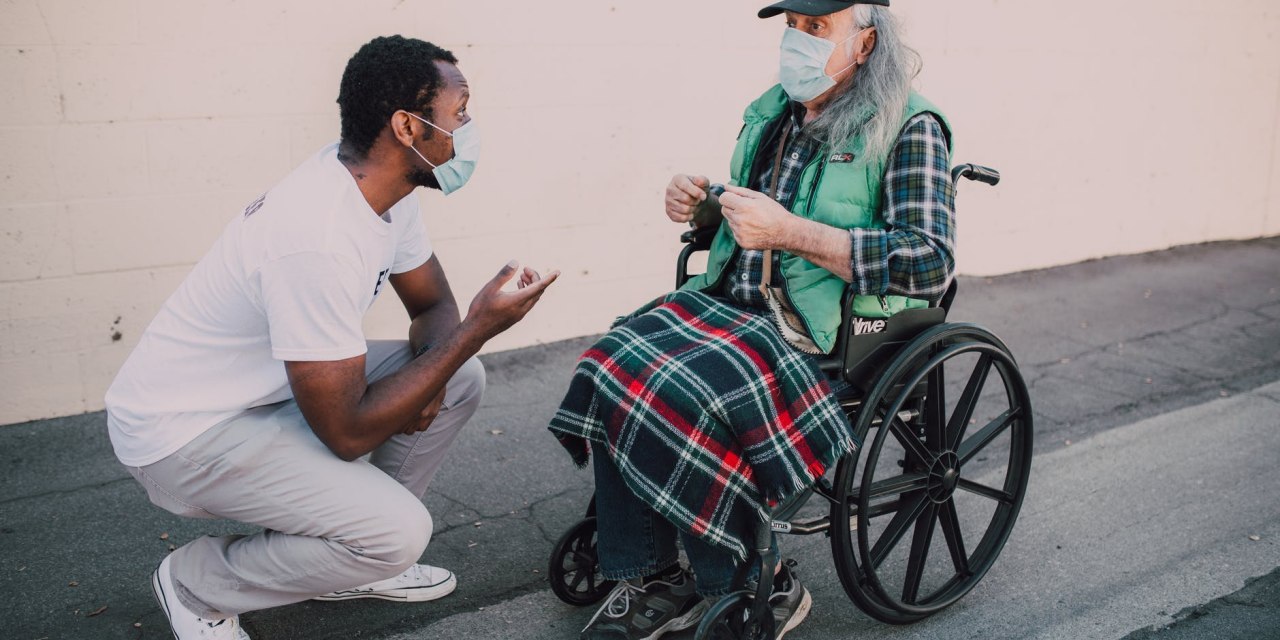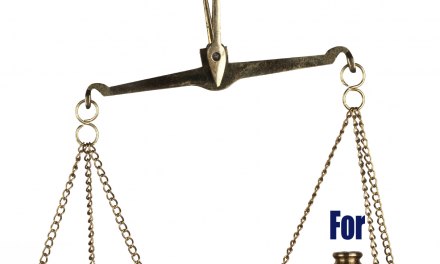The Washington Post recently featured this powerful account of one physician’s ambivalence about sharing their own story of recovery with a patient who was in the later stages of their own alcoholism.
I found it absorbing, the way first-person accounts can be. I’m hoping you can access it: A Doctor’s Promise
As a general rule, doctors are cautioned against oversharing personal information with patients. I’m not sure where that originated. I queried a couple physician friends — they weren’t certain, either. One thought it sprang from a perceived need to remain at a professional distance. Another brought up the risk of blurring ethical and professional role boundaries.
There are exceptions. “I use my own experience as a teaching tool,” one reported. “It started with my medical students, to get them accustomed to the realities of practice. It’s not exactly the ivory tower they imagined it would be.“
“I’ve revealed parts of my own story,” admitted another, himself in recovery. “It’s never entirely comfortable, but from time to time, it just feels like the right thing to do.”
There is still quite a bit of stigma attached to addiction within the healthcare professions. Surprising, really. You think they’d know better. I’ve heard about medical men who openly disparage their recovering colleagues as more than likely incompetent, not qualified to practice “real” medicine. Made no sense to me. Direct experience of successful recovery is supposedly a handicap to a physician’s ability to treat addictions? I should think it’s an advantage. Especially since there’s no cure involved and the relationship between doctor and patient is likely to be a very long one.
Self-disclosure is of course also an issue for nonphysician staff. There’s been plenty of discussion and debate around when and how to self-disclose, or whether to self-disclose at all. One day at an assessment center, a new patient responded to the counselor’s self-reveal by absolutely blowing her top. “Don’t you pretend to know how I feel. Don’t you think you understand me, because you don’t,” the patient roared. The counselor was confused and upset by the unexpected intensity. “I’ve shared my own recovery with other clients,” she said, “and never experienced a reaction like that. Did I do something wrong?”
“Why not explore it with the client?” advised the clinical supervisor. “An eruption like that one deserves examination. What made your attempt to relate so threatening to her?” I liked that suggestion. After a burst of emotion, take a look at what just happened. What was behind it?
Personally, with any helping relationship, I think it’s best to restrict self-disclosure to situations where you believe it will advance the goals of treatment. For instance, telling someone that you’re a cancer survivor seems entirely appropriate in the context of their own treatment. But why bring that up during the initial exam? It isn’t necessary. A therapeutic relationship doesn’t require it.
That should be the standard, I think.
After all, treatment decisions should be made in the best interests of the patient, right? Not the practitioner.













